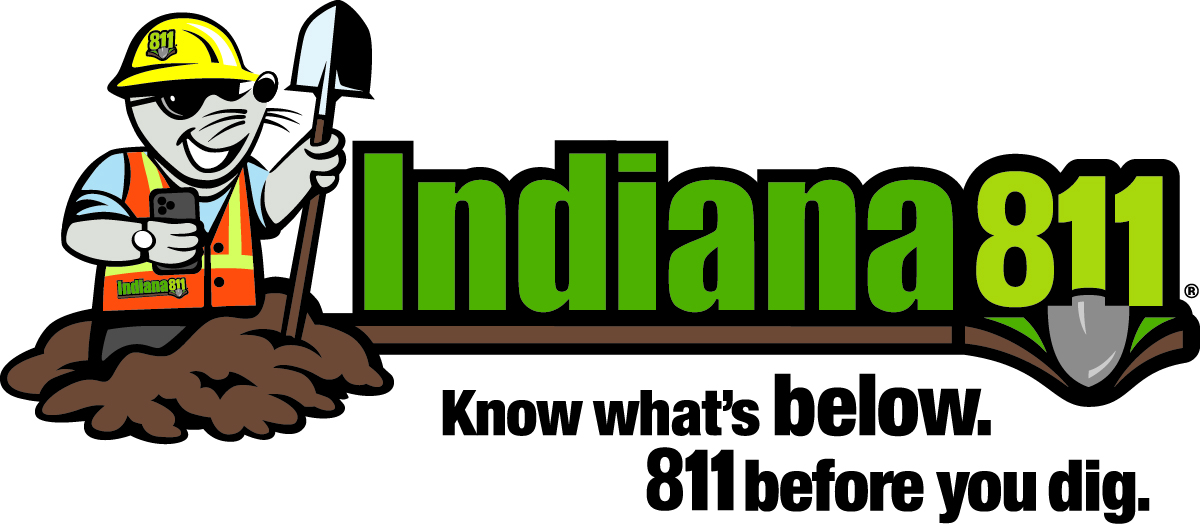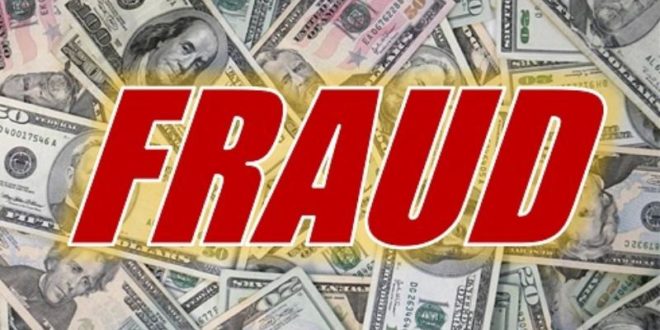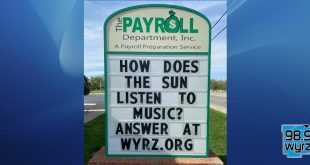INDIANAPOLIS – The Indiana Department of Revenue (DOR) continues to partner with the Internal Revenue Service (IRS) to share the top tax filing season concerns referred to as the “IRS Dirty Dozen” tax scams for 2018.
The fifth scam in the 12-part series is fake charities. Fake charities are groups posing as a charitable organization to lure individuals into making donations to causes that don’t qualify for a tax deduction.
Many fake charities use a name similar to nationally known organizations in order to access personal information or to solicit donations. These fraudsters will often create websites or emails appearing to be from a legitimate source. They typically request donations in cash or ask for a credit card number. Taxpayers are encouraged to not disclose any personal information until the selected charity is verified.
Another common scam occurs after a significant natural disaster, where these fake charities will ask for donations to help disaster victims or claim to be working on behalf of the IRS or DOR to help victims file casualty loss claims to obtain access to tax refunds. These fraudsters might also attempt to get personal information to steal the victim’s identity.
“The thought of fraudsters preying on individuals trying to help others in need is repulsive, but nonetheless reality today. For example, natural disasters like the recent flooding experienced in Indiana, unfortunately, can spur the interest of these ill-intentioned con artists who are looking for opportunities to cash in,” said DOR Commissioner Adam Krupp. “We cannot emphasize enough that individuals need to verify the legitimacy of the organization before making a donation.”
The IRS and DOR have several tips for individuals to choose a reputable charity:
- Check with the IRS on charity legitimacy. Ask the charity for their Employer Identification Number (EIN). The EIN can be used in the IRS search tool for tax exempt organizations to verify their status at www.irs.gov/charities-non-profits/exempt-organizations-select-check.
- Don’t share any personal or financial information. Keep Social Security numbers, passwords or financial information, such as credit card numbers private. Scam artists will use this information to take money or steal the victim’s identity.
- Don’t give or send cash. Be sure to send a check or use a credit card once the charity has been verified, and keep that as record of your donation for security and tax record purposes.
- Consult the IRS publication on Charitable Contributions, available at www.irs.gov/pub/irs-pdf/p526.pdf. This free booklet describes the tax rules that apply to making tax-deductible donations and provides complete details on what records taxpayers need to keep.
Fake charity scams can be reported to the Federal Trade Commission at www.ftccomplaintassistant.gov/#crnt&panel1-1.
To view the first four of “IRS Dirty Dozen” tax scams of 2018, visit www.in.gov/dor/6137.htm.
 WYRZ.org 98.9 WYRZ – The Voice of Hendricks County
WYRZ.org 98.9 WYRZ – The Voice of Hendricks County






